Of all that men acquire, we know not any greater gain,
Than that which by the birth of learned children men obtain. | 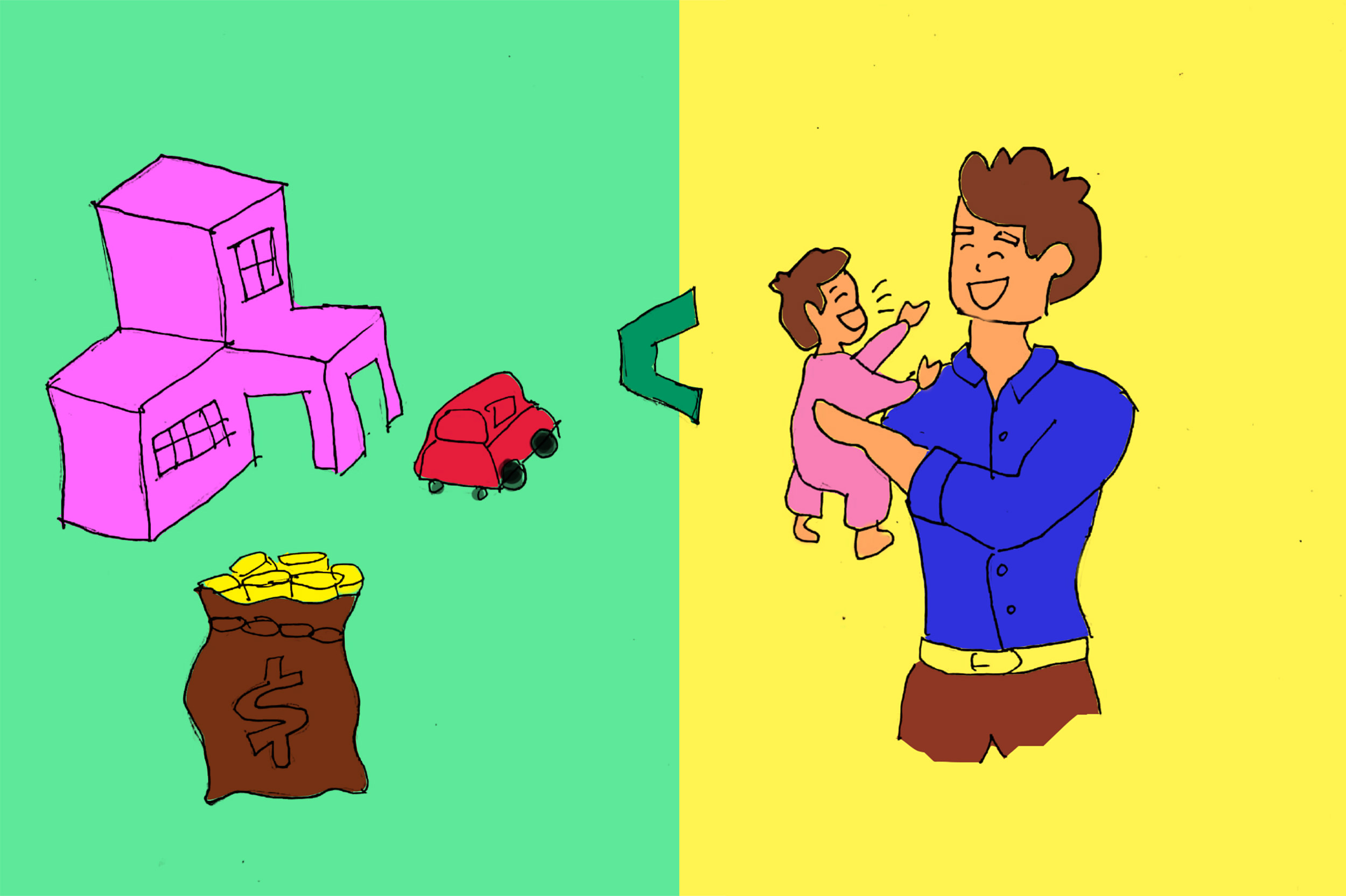 |
Than God’s ambrosia sweeter far the food before men laid,
In which the little hands of children of their own have play’d. | 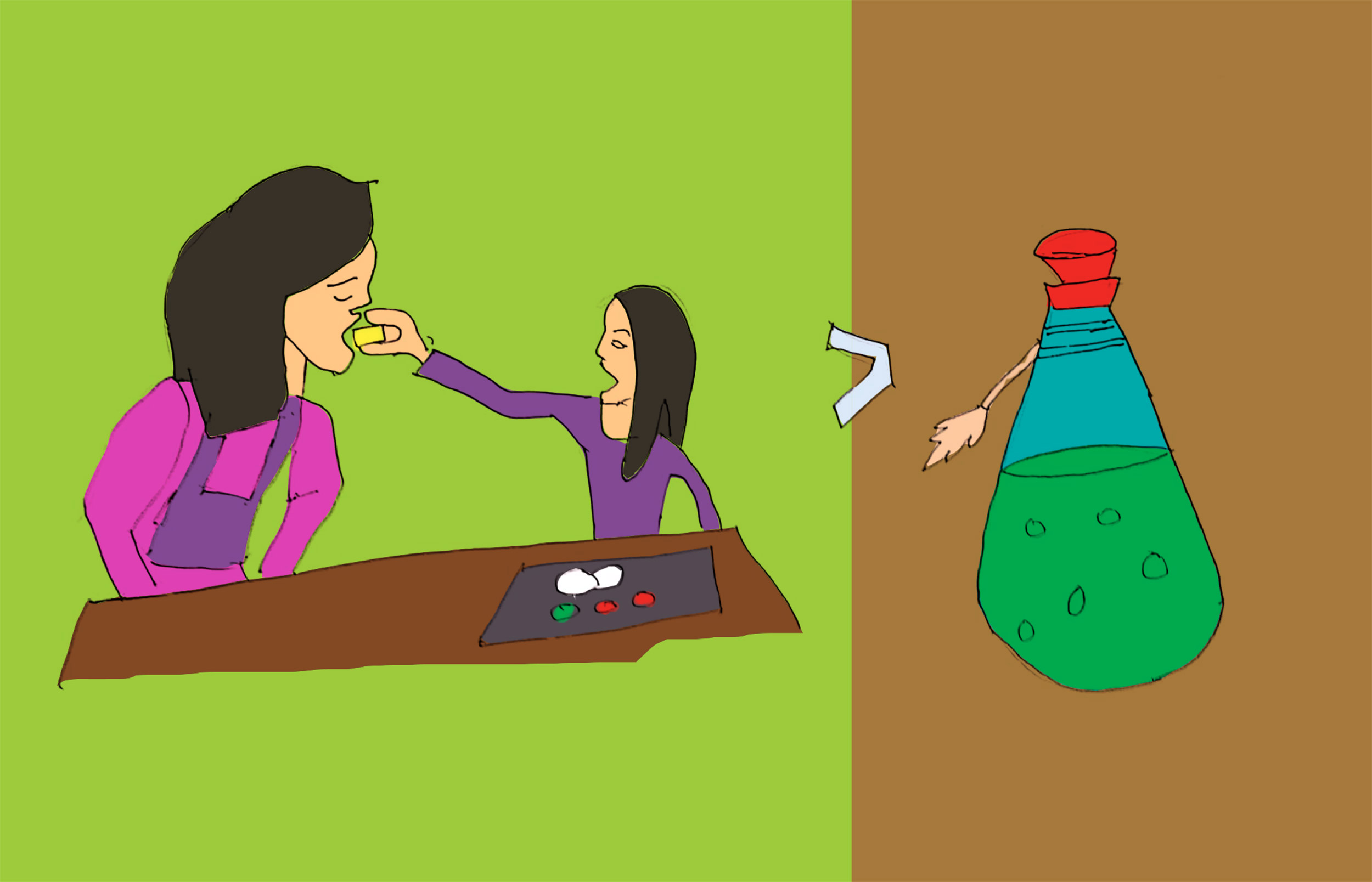 |
To patent sweet the touch of children dear;
Their voice is sweetest music to his ear | 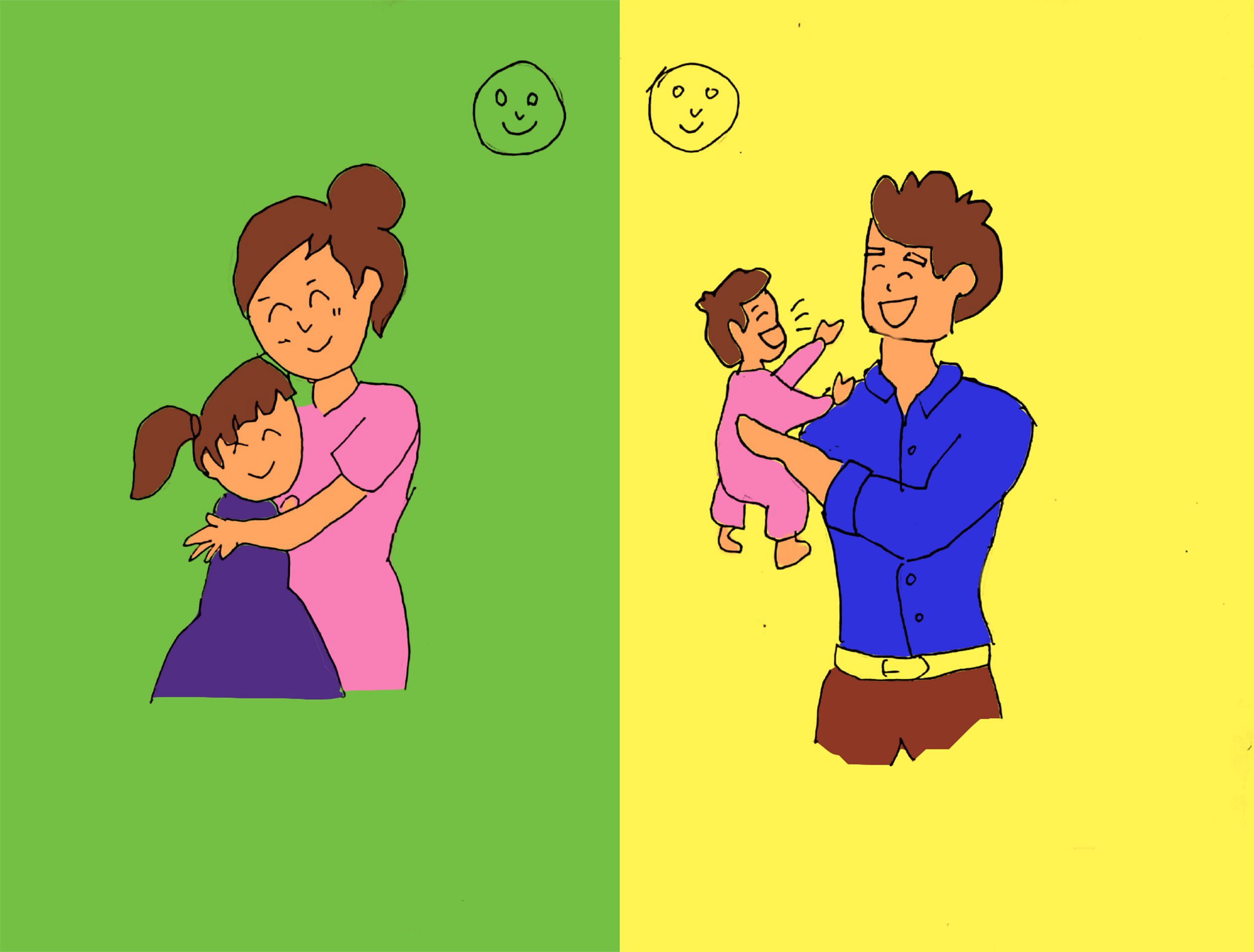 |
‘The pipe is sweet,’ ‘the lute is sweet,’ by them’t will be averred,
Who music of their infants’ lisping lips have never heard | 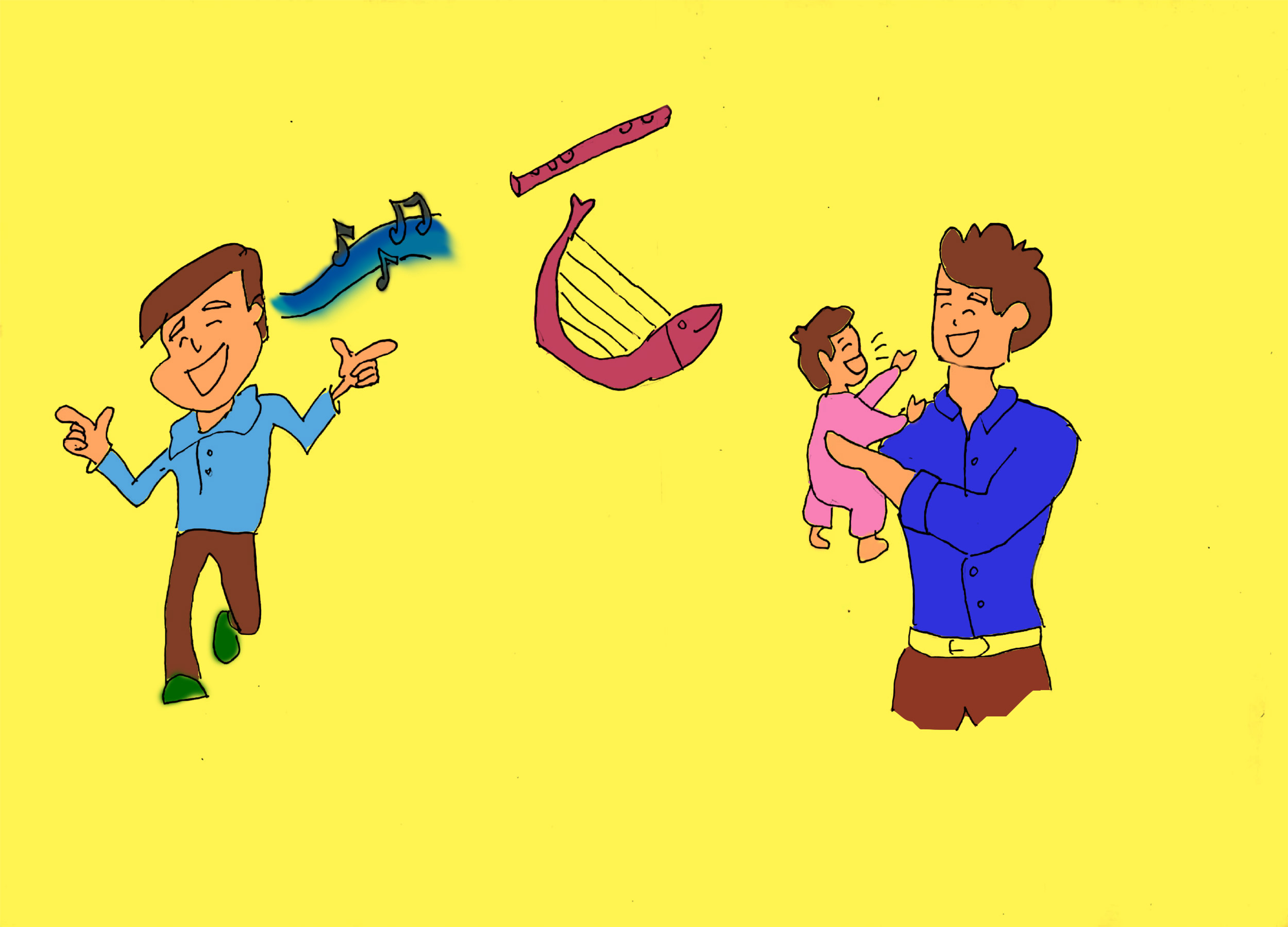 |
Sire greatest boon on son confers, who makes him meet,
In councils of the wise to fill the highest seat. | 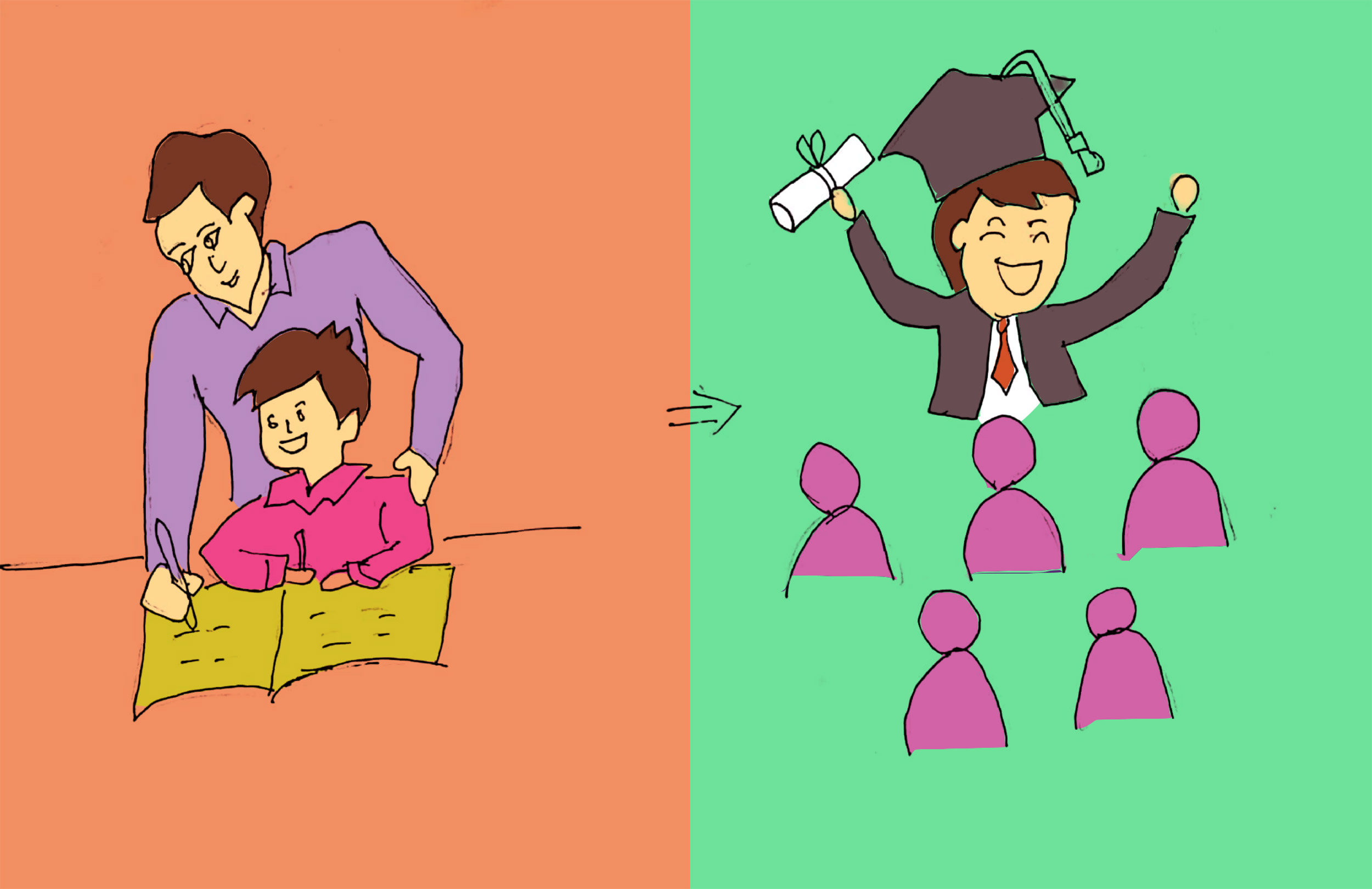 |
When mother hears him named ‘fulfill’d of wisdom’s lore,’
Far greater joy she feels, than when her son she bore. | 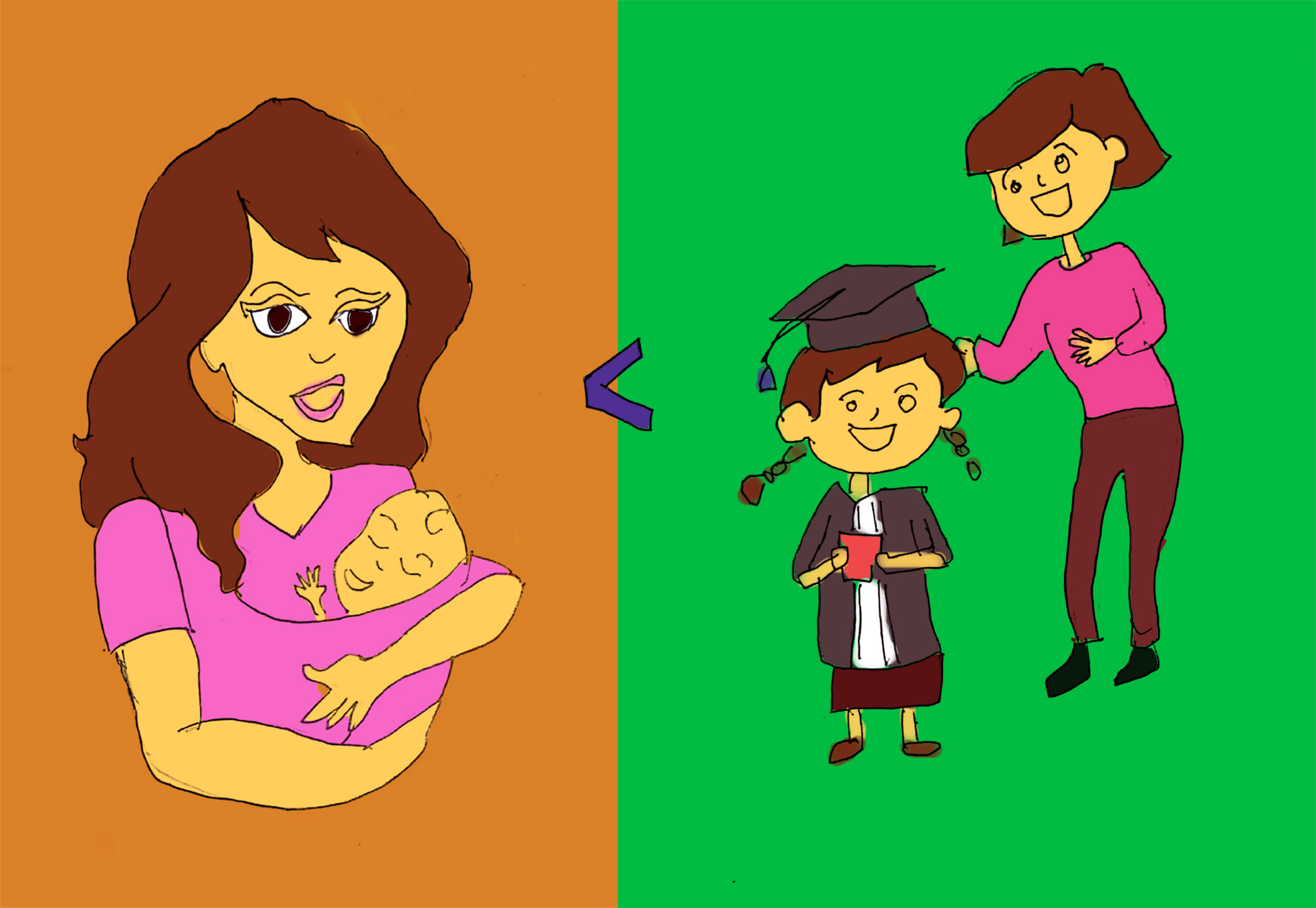 |
To sire, what best requital can by grateful child be done?
To make men say, ‘What merit gained the father such a son?’ |  |
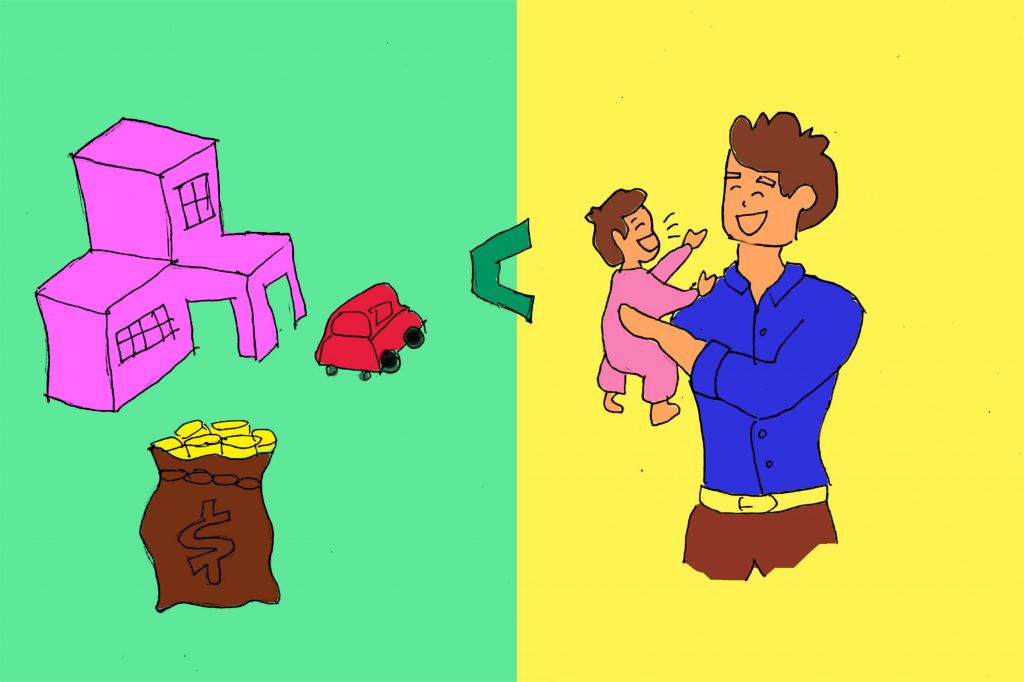 Of all that men acquire, we know not any greater gain,
Of all that men acquire, we know not any greater gain,
Than that which by the birth of learned children men obtain.
 Who children gain, that none reproach, of virtuous worth,
Who children gain, that none reproach, of virtuous worth,
No evils touch them, through the seven-fold maze of birth.
 ‘Man’s children are his fortune,’ say the wise;
‘Man’s children are his fortune,’ say the wise;
From each one’s deeds his varied fortunes rise.
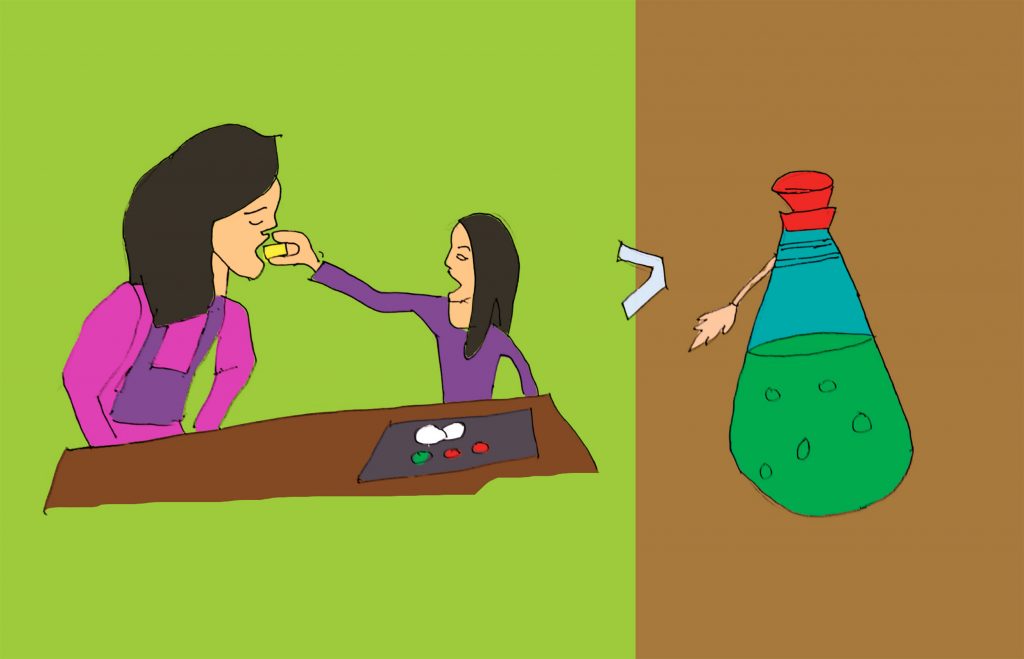 Than God’s ambrosia sweeter far the food before men laid,
Than God’s ambrosia sweeter far the food before men laid,
In which the little hands of children of their own have play’d.
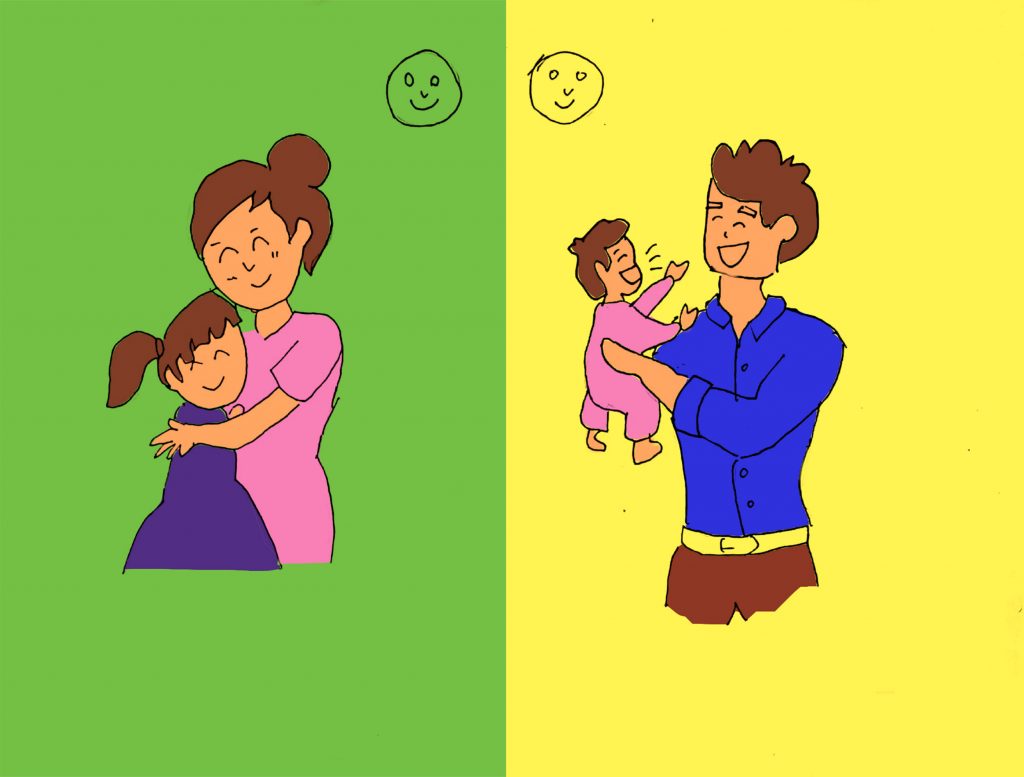 To patent sweet the touch of children dear;
To patent sweet the touch of children dear;
Their voice is sweetest music to his ear
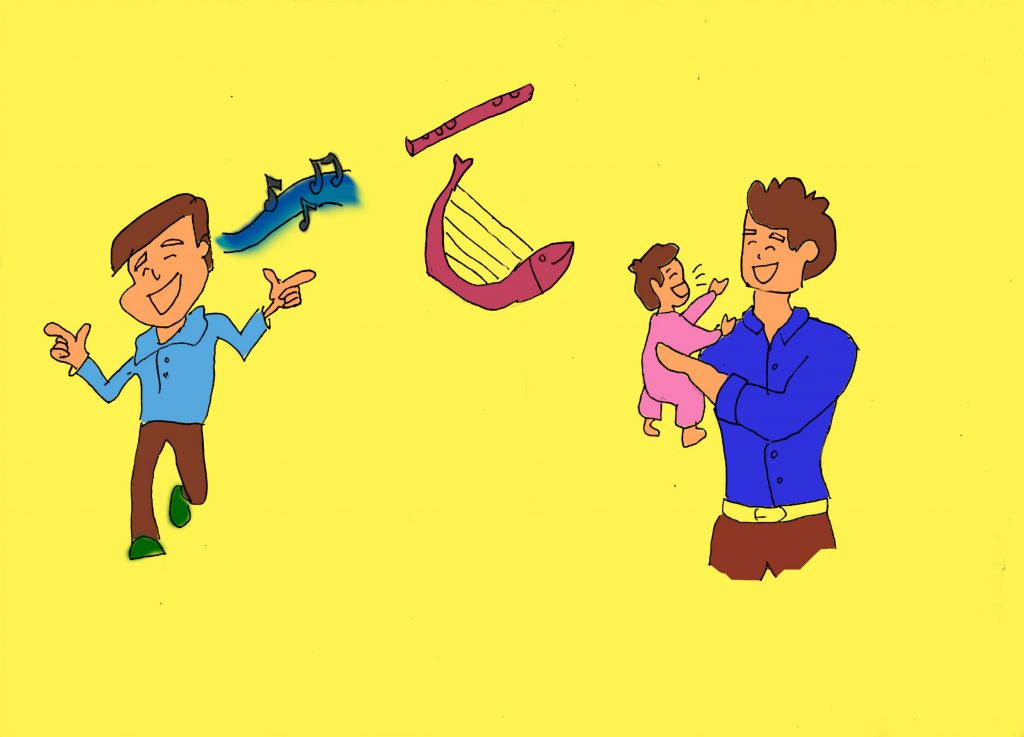 ‘The pipe is sweet,’ ‘the lute is sweet,’ by them’t will be averred,
‘The pipe is sweet,’ ‘the lute is sweet,’ by them’t will be averred,
Who music of their infants’ lisping lips have never heard
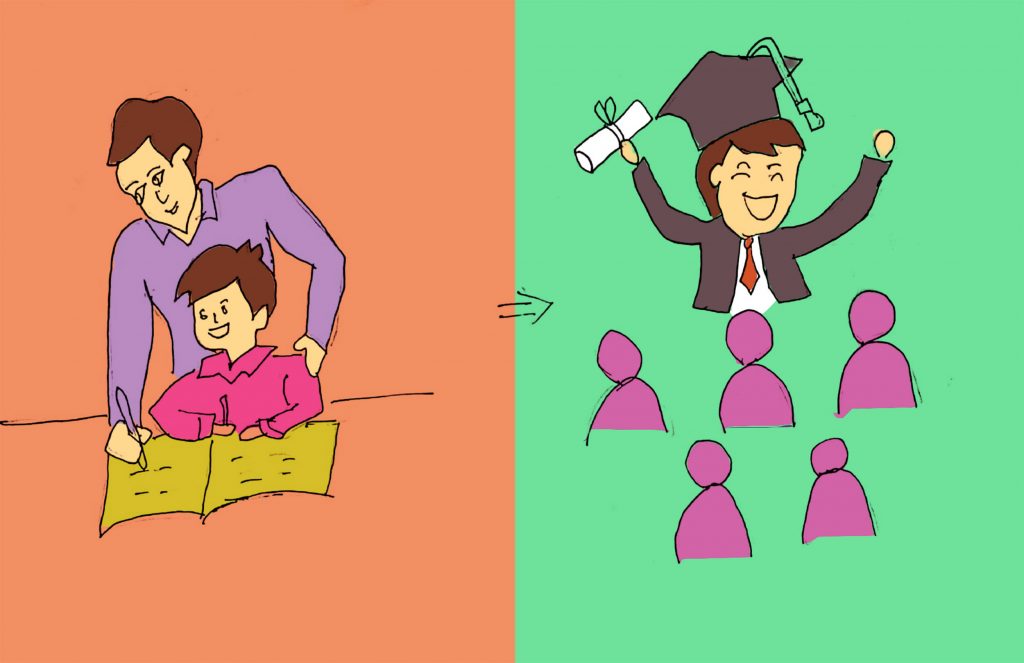 Sire greatest boon on son confers, who makes him meet,
Sire greatest boon on son confers, who makes him meet,
In councils of the wise to fill the highest seat.
 Their children’s wisdom greater than their own confessed,
Their children’s wisdom greater than their own confessed,
Through the wide world is sweet to every human breast.
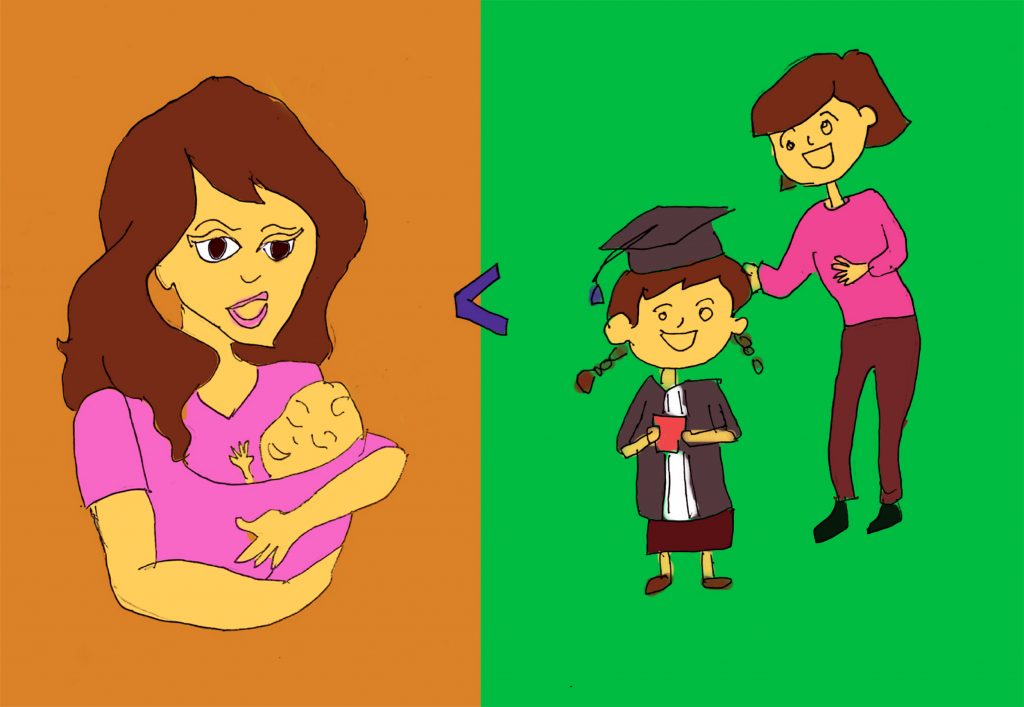 When mother hears him named ‘fulfill’d of wisdom’s lore,’
When mother hears him named ‘fulfill’d of wisdom’s lore,’
Far greater joy she feels, than when her son she bore.
 To sire, what best requital can by grateful child be done?
To sire, what best requital can by grateful child be done?
To make men say, ‘What merit gained the father such a son?’
பெறுமவற்றுள் யாமறிவ தில்லை அறிவறிந்த
மக்கட்பே றல்ல பிற
எழுபிறப்பும் தீயவை தீண்டா பழிபிறங்காப்
பண்புடை மக்கட் பெறின்
தம்பொருள் என்பதம் மக்கள் அவர்பொருள்
தந்தம் வினையான் வரும்
அமிழ்தினும் ஆற்ற இனிதேதம் மக்கள்
சிறுகை அளாவிய கூழ்
மக்கள்மெய் தீண்டல் உடற்கின்பம் மற்றவர்
சொற்கேட்டல் இன்பம் செவிக்கு
குழலினி தியாழினி தென்பதம் மக்கள்
மழலைச்சொல் கேளா தவர்
தந்தை மகற்காற்றும் நன்றி அவையத்து
முந்தி இருப்பச் செயல்
தம்மின்தம் மக்கள் அறிவுடைமை மாநிலத்து
மன்னுயிர்க் கெல்லாம் இனிது
ஈன்ற பொழுதின் பெரிதுவக்கும் தன்மகனைச்
சான்றோன் எனக்கேட்ட தாய்
மகன் தந்தைக் காற்றும் உதவி இவன்தந்தை
என்நோற்றான் கொல்லெனும் சொல்
















